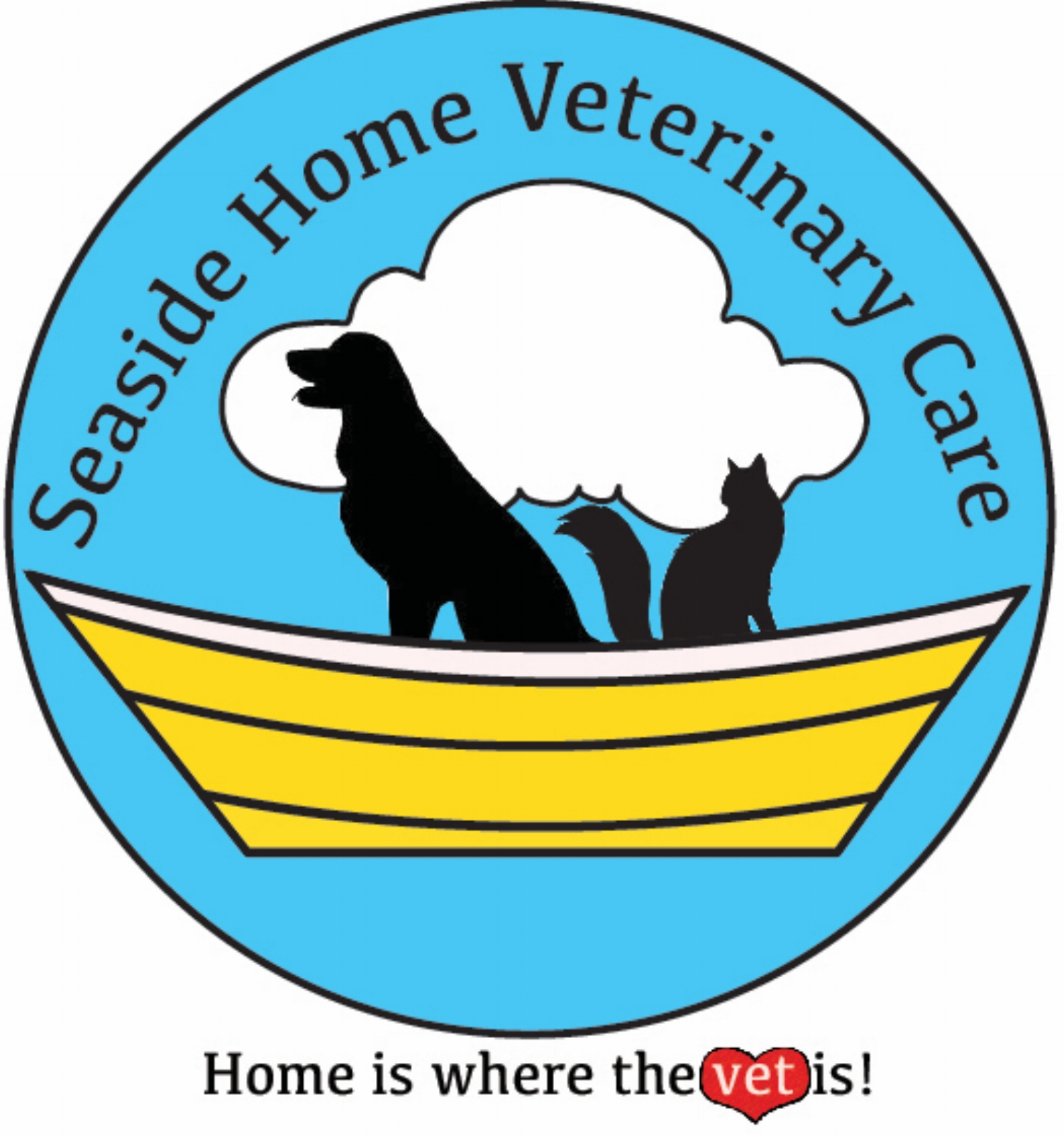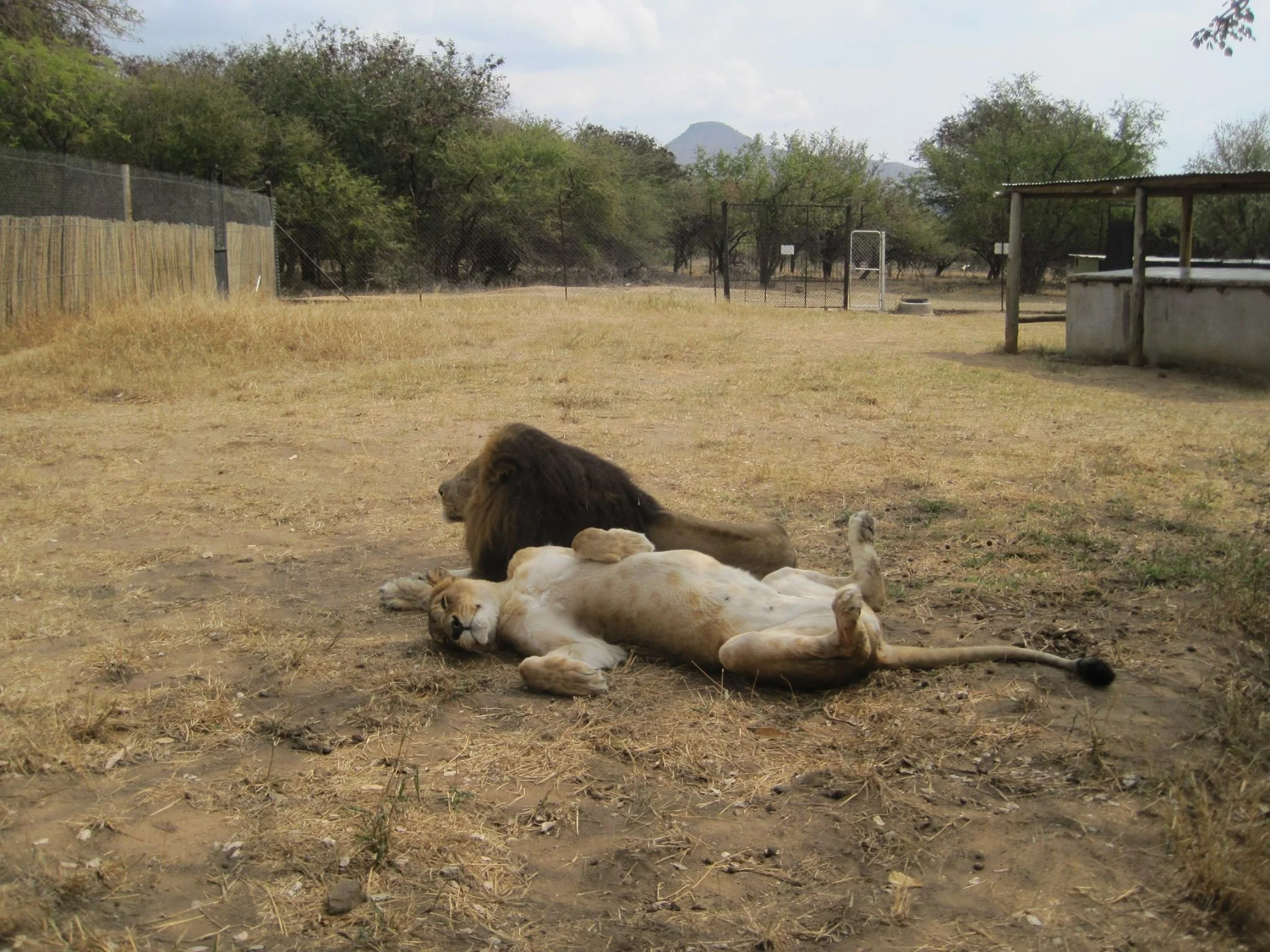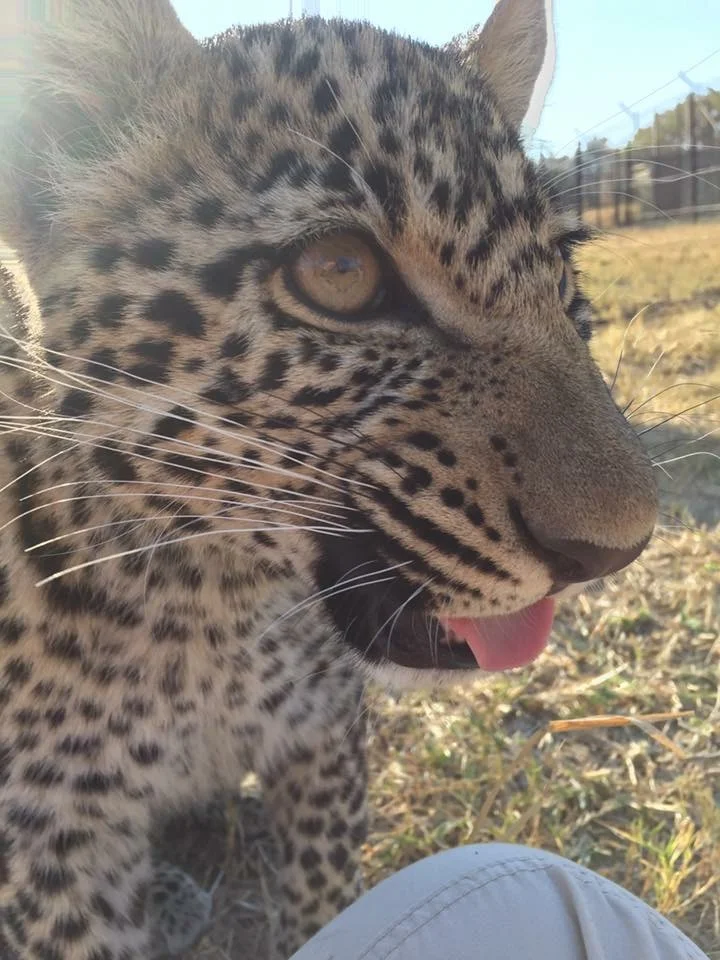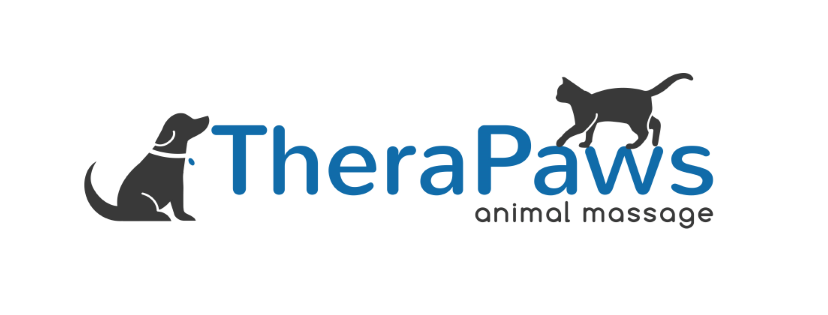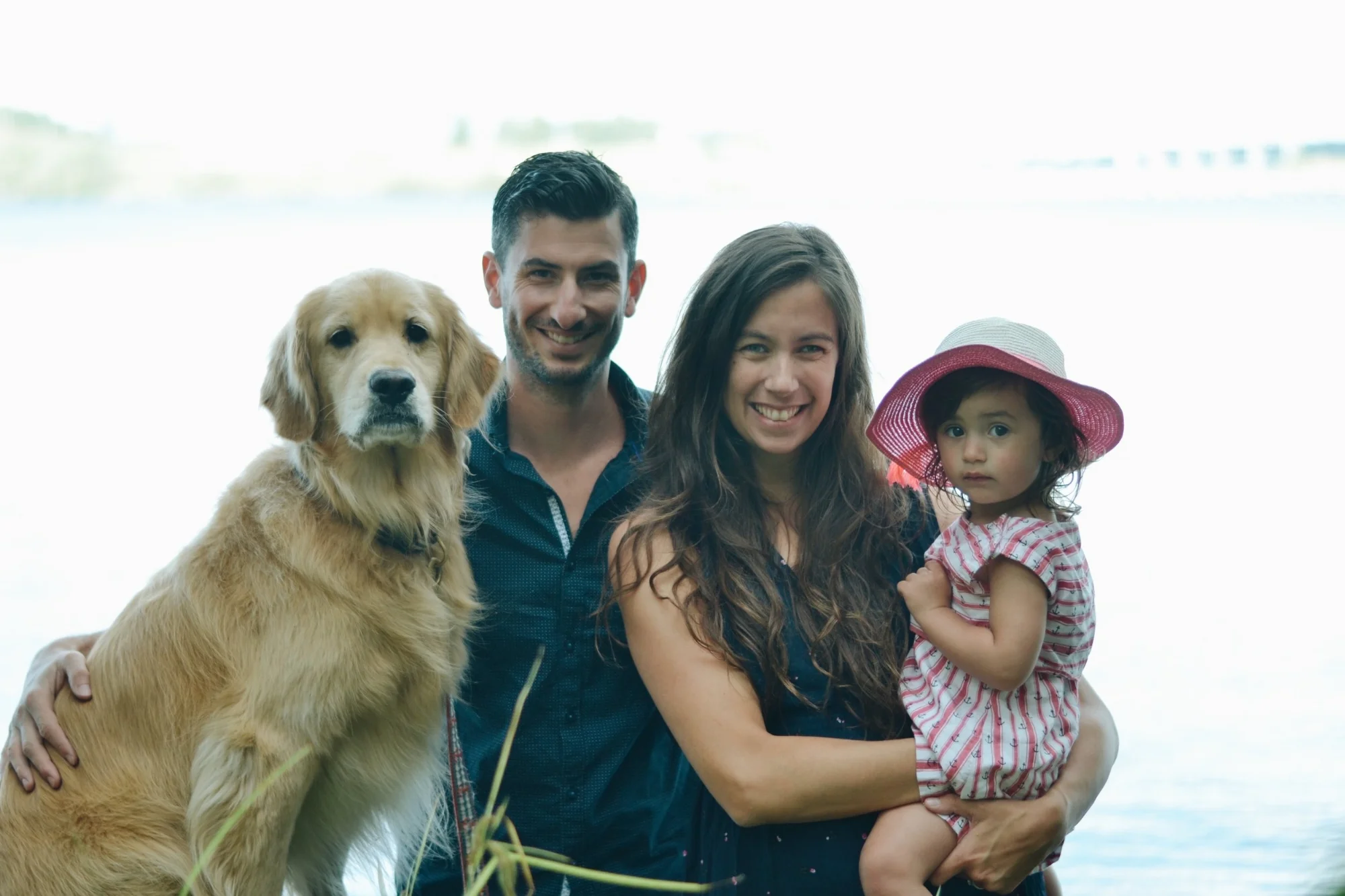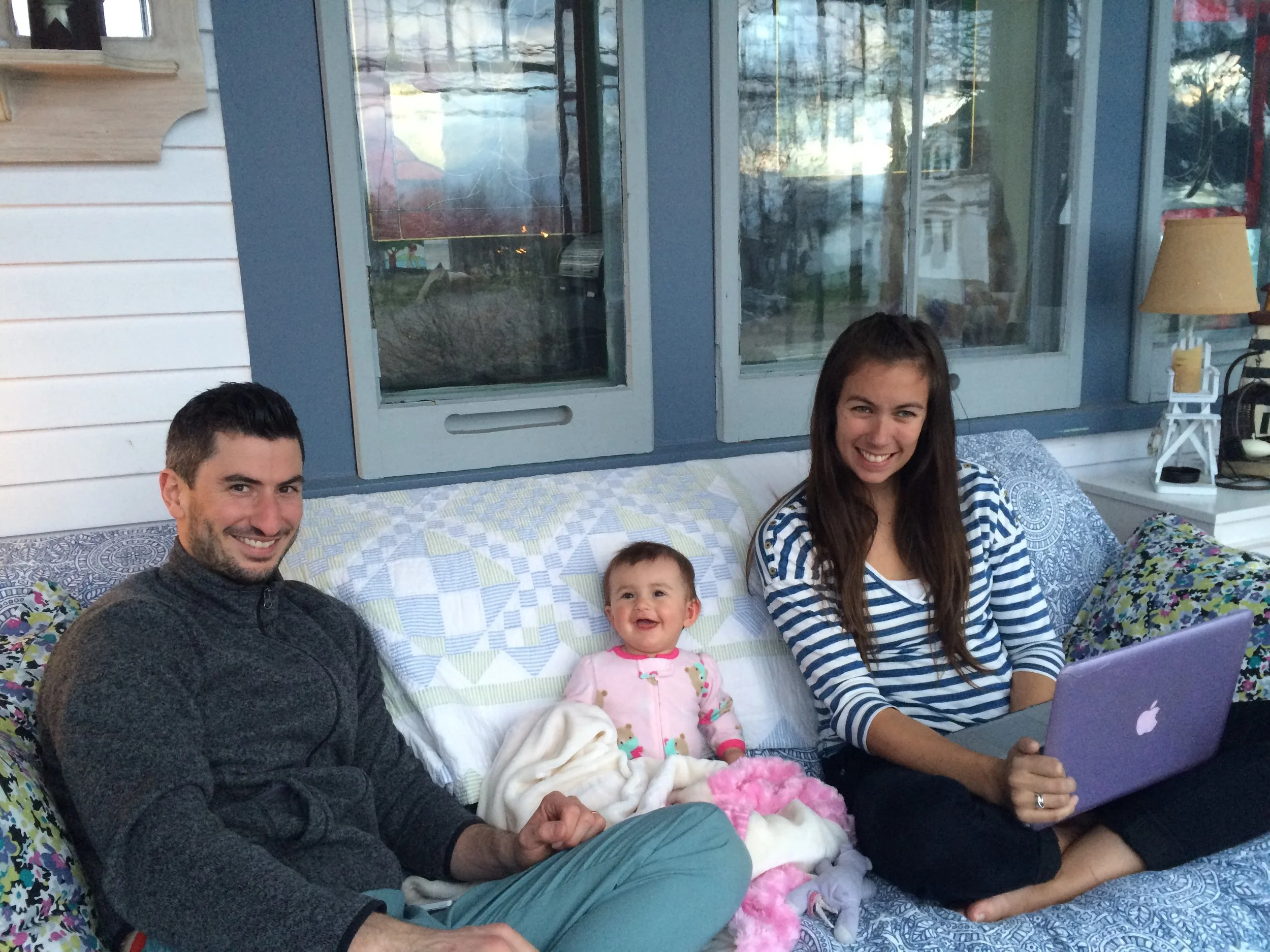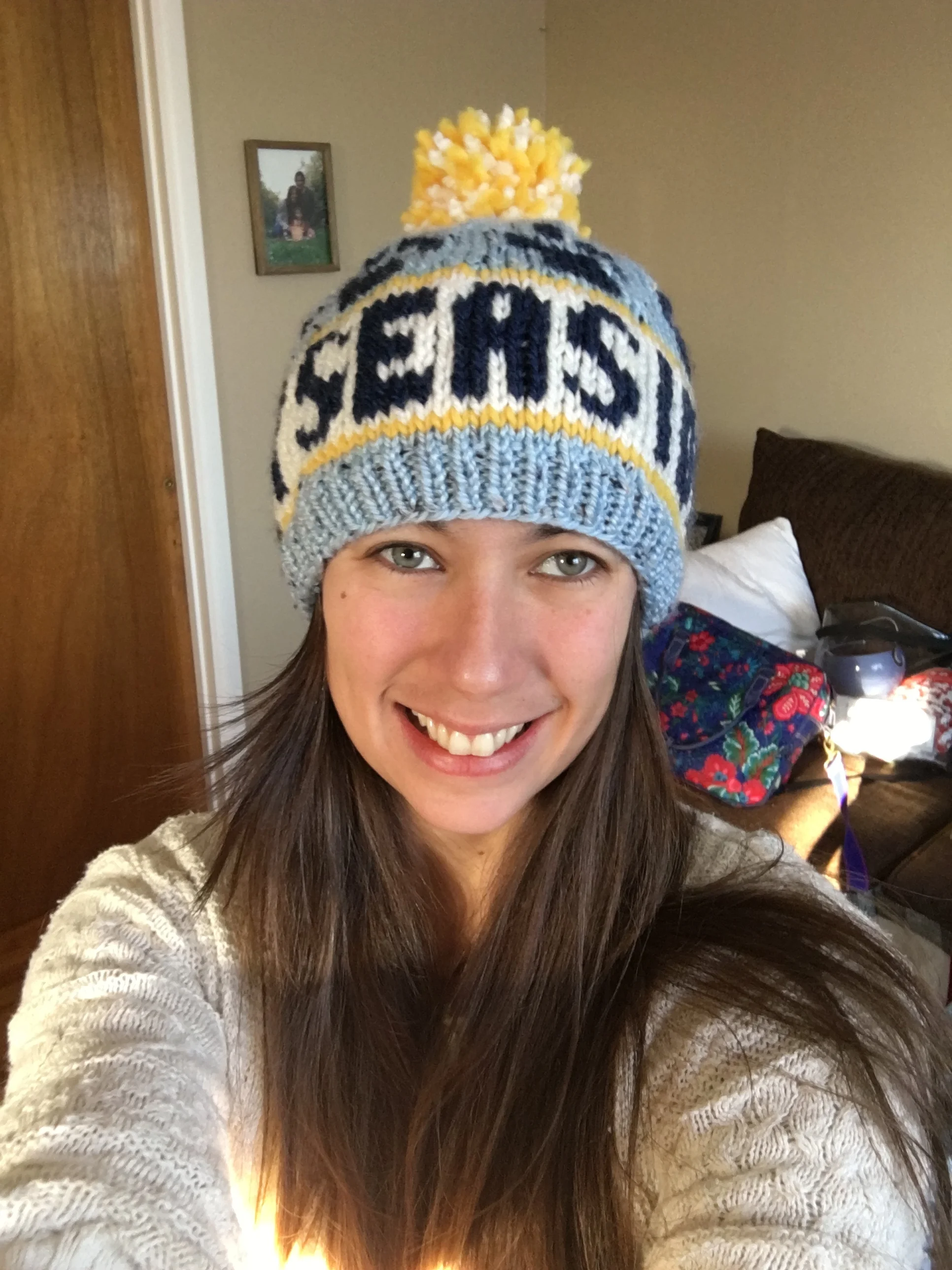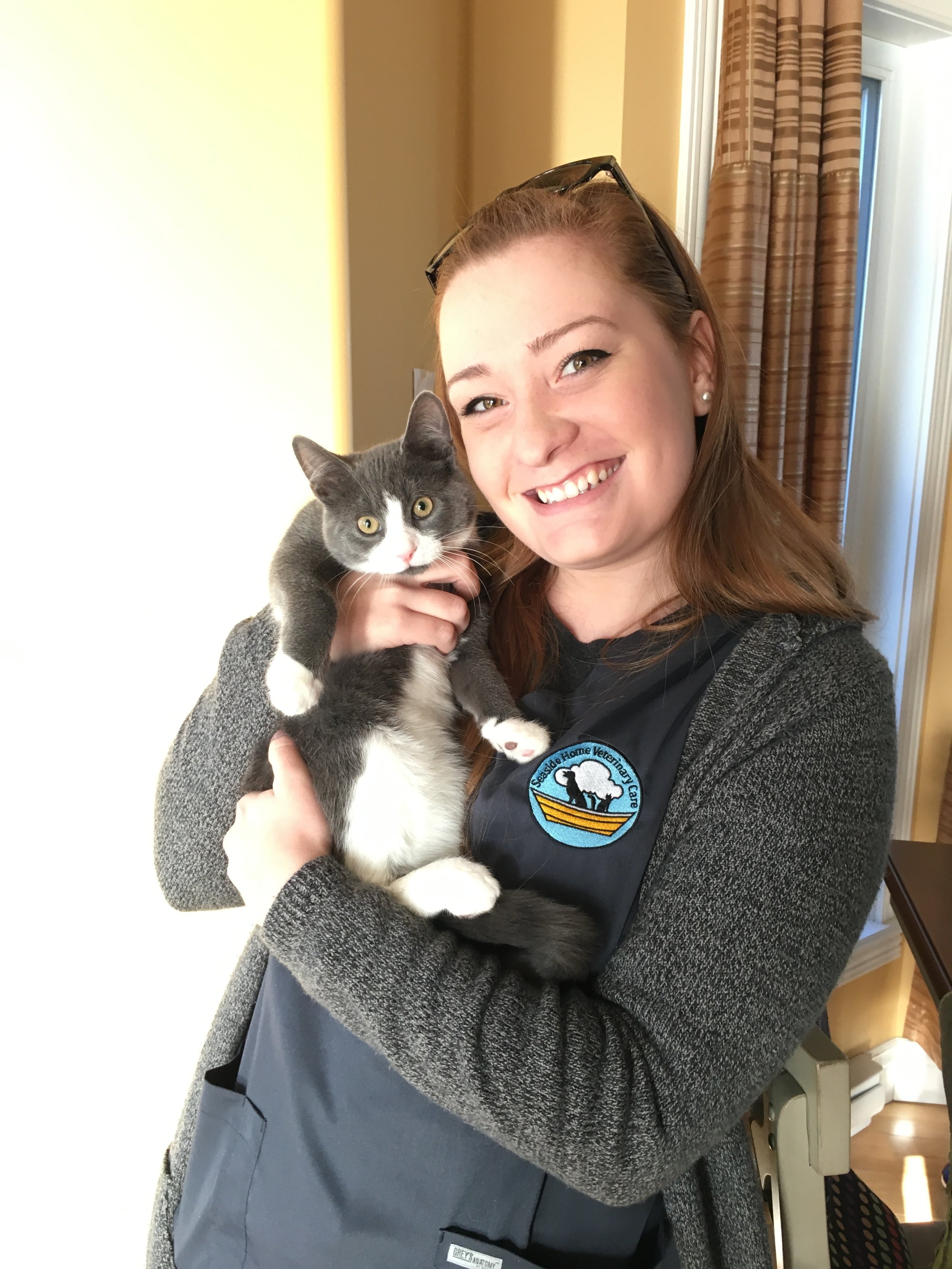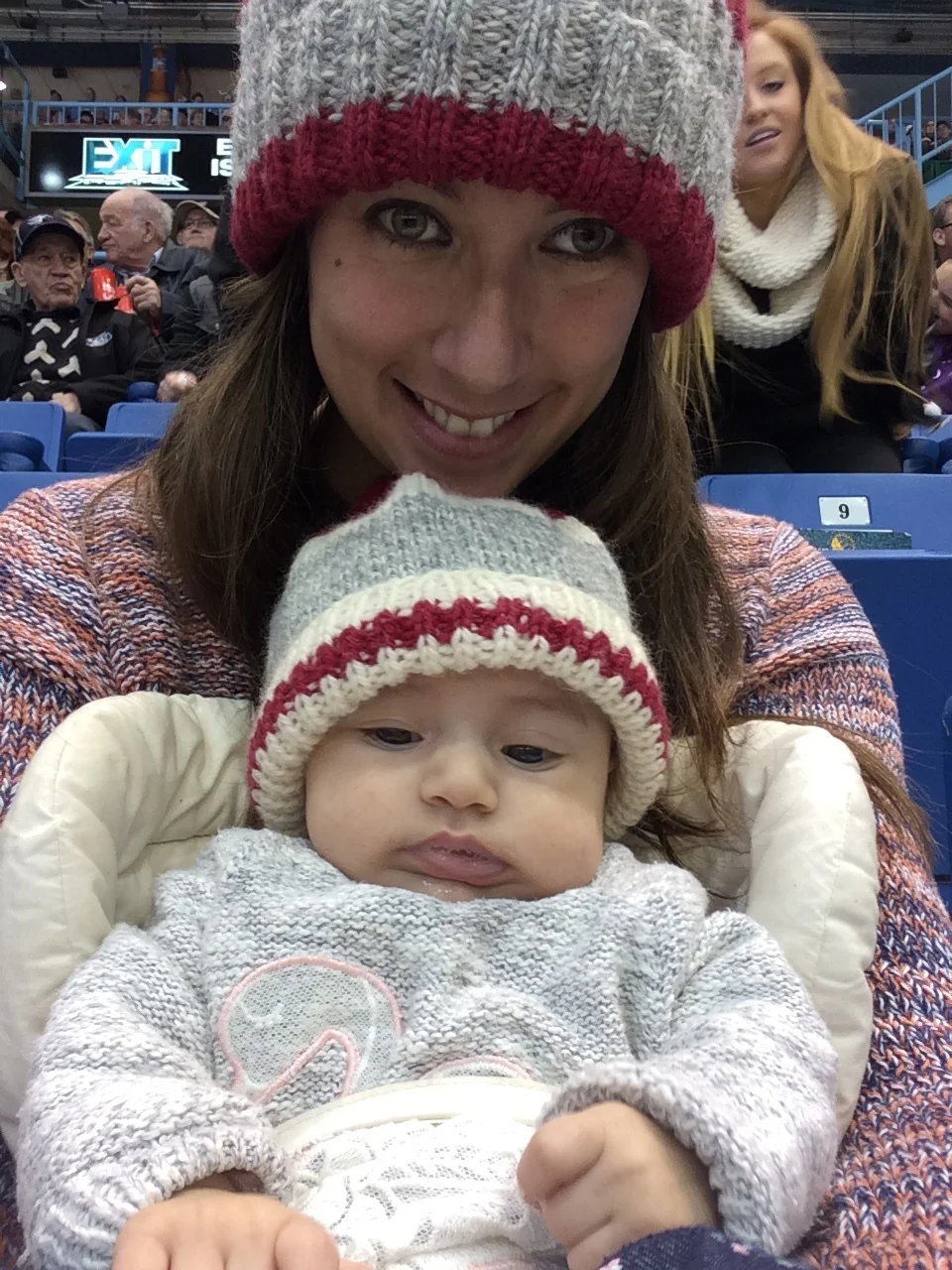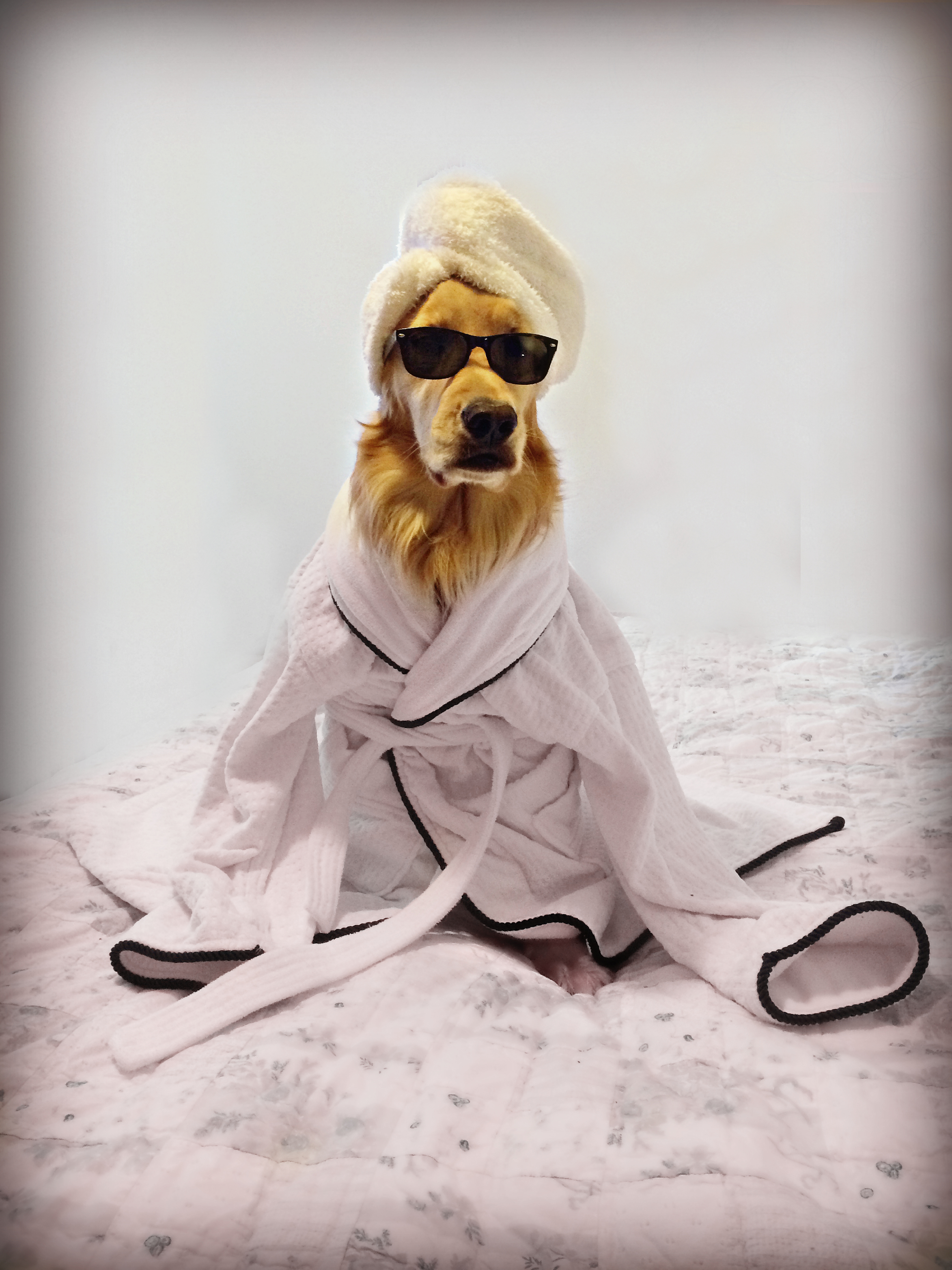Volunteering with Wildlife: The Do’s and Do Not’s
Hey Guys! I am writing today about a subject you all already know is very close to my heart. Volunteering with wild animals! Today I am going to write specifically about Africa, and what to look out for if you want to plan a volunteering trip!
If you’re anything like me, you want to do what is best for animals. Looking deeply into projects before you book your trip is incredibly important to make sure you aren’t accidently supporting a front for canned hunting (3). Businesses that make profits on their animals prey on the naivety of foreign volunteers, as it is easy to hide what is really going on. I have almost fallen victim to this trap myself, and urge you to book your trip only after thorough research and be confident in where you are going.
Accredited rehabilitation centres and sanctuaries have very specific rules:
1. Minimal person-animal contact unless strictly necessary.
2. No animal is kept there without cause.
3. No breeding for anything other than conservation purposes (i.e. white lions).
4. No “cub cuddling” or photos with “trained adult animals.” (1)
5. No exploiting animals.
This is an example of partnering with a breeding program to repopulate endangered lappet faced vultures. They are external body cavity vultures, meaning they break the skin and muscle and bones away so smaller vultures and other scavengers can eat from the carcasses. They are critical to wildlife in Africa.
Number 1:
In a rehabilitation centre, there is more lee-way in this than at a sanctuary. As many of you have seen my photos with the animals I have cared for, I will explain the difference between a necessary contact and an unnecessary contact.
The rehab centre I visit is largely made up of orphaned wild animals. If you have been keeping up on our blogs, you may have read my first one about Africa, and how the choice is often to euthanize the orphan, or raise them with as much human contact as possible to ensure they don’t go into a camp (2) for as long as possible. For animals that need to be taken care of continuously, it is impossible to rehabilitate them to release, so they are often housed in sanctuaries. Animals that are rehabilitated but unable to be released are often relinquished to species specific sanctuaries after their rehabilitation stint is finished.
People should have little to no contact with any animals that do not strictly require human intervention.
Number 2:
The point of a rehabilitation centre is ensuring that any animal with a fighting chance is given one. The purpose of a sanctuary is to make sure that animals who cannot survive in the wild are properly cared for. This being said, these are not zoos where a perfectly healthy animal is brought in and kept. If an animal can be released or relocated, they are.
Animals should not be at a true rehab centre permanently unless there are extenuating circumstances.
The oldest lions at the rehab in their HUGE enclosure. Matimba & Tamu
Number 3:
This one is a big one. If there are more than a couple babies at any time at a rehab centre, the likelihood that it isn’t a breeding operation is small. Animal sanctuaries and rehabilitation centres are occasionally asked to partner with repopulation projects (Rhino911, The Cheetah Sisters) and this is done in a manner where babies are born and raised with their mothers, with no human intervention, and released into the wild when they are old enough. Projects like The Cheetah Sisters are important because the wild cheetah population is disastrously low. However, breeding cubs to be cuddled does not allow them to develop into adults who can be released. In a place that is not a rehab or sanctuary, you may be told that white lions are endangered, and this is untrue. White lions are just lions with a genetic defect that does not occur in nature. Volunteering at a business where there are tons of babies taken away from their mothers, or there are several pregnant mothers is most likely a tourist trap with a back operation in canned hunting (3).
Always research where you’re going, animals should not be taken from their mothers and raised by humans.
Number 4:
Establishments who offer cub petting, cuddling, or bottle feeding are NOT rehab centres or sanctuaries. If at any given time there are several babies needing to be cared for who are not orphans, the practice is preparing for canned hunting. Any true rehab centre or sanctuary will not have new cubs unless there is a fluke pregnancy in a rescued female, or an orphan. Any place with white lion cubs is not a true rehab centre unless there is an extenuating circumstance. White lion cubs are a genetic mutation and are NOT natural, they do not occur in the wild as the gene is recessive. Every white lion cub will have genetic defects. Sanctuaries like Big Cat Rescue (4) and Black Jaguar White Tiger (5) will give examples of these genetic mutations, and how they are not naturally occurring. Another red flag to look out for is if there is advertising for a “liger,” as these are entirely man made creatures, and have never been recorded to occur naturally in the wild.
Be sure to look out for red flags, anything that makes you think twice about booking it, is most likely shady.
Saturn, one of the breeding cheetahs/ambassadors for both Moholoholo and the cheetah sisters project!
Number 5:
Exploiting animals (6) is a confusing subject to talk about. If you see the bottom of this page, you will see what the definition of this is considered in wildlife standards, as well as see the opposing, ambassador animals (7). Examples of red flags on this subject are: using specific animals as attractions, i.e. baby animals who are not trained but are small enough to not do anything, animals who have learned tricks, or are used in shows, animals you have to pay extra to see or have an experience with, the list goes on. Once again using your common sense in these situations is so important, if something makes you think “maybe I shouldn’t do that,” you are probably right.
If you think an animal is being mistreated, abused, or taken advantage of-stay as far away as possible and report it if there is an option to.
Woody the blind spotted owl.
A business that is NOT a rehab or a sanctuary would most likely have:
· Several babies of any given species
· Small enclosures, with more than one animal
· Offer “bottle feeding baby ____”
· Anyone able to pet the animals, feed the animals
· Pregnant animals
· Perfectly healthy non-human imprinted animals
· Several species all in view
· Experiences you can pay extra for
· Animals exotic to the area, (i.e. in Africa, tigers are not a native species)
Some good sites to go through if you are looking to book a true conservation/rehabilitation/sanctuary trip:
1. ACE: African Conservation Experience. Based out of England, very helpful and knowledgeable of every project they work with. Accredited.
2. Go Eco: A little more expensive, but helpful when planning an incredibly eco-friendly trip. Accredited.
These are 5 important points I wanted to talk about, in anticipation of my leaving for Africa in exactly one month! I am headed back to my one true love, Moholoholo, for one month over Christmas. I am currently accepting donations for medical supplies on my GoFundMe page listed below! Let me know if there are any questions you have, or if you are curious about volunteering! Send us a note on our facebook or email! Thanks for reading guys. <3
Megan
Layla, an orphaned leopard cub, getting some human interaction before she heads to a leopard specialized sanctuary where she will no longer interact with humans at all.
(1) Trained Adult Animals: Animals who are not used for education but for personal gain.
(2) Camp: Large, spacious enclosure with no human contact
(3) Canned hunting: a type of hunting where the animal is raised captive, and trapped within an area, normally partially sedated, and is hunted and killed for sport.
(4) Big Cat Rescue: A Tampa, Florida cat rescue that takes on all kinds of “domesticated” wild animals and allows them to live out their lives with minimal human contact. www.bigcatrescue.org
(5) Black Jaguar White Tiger: A Mexico and USA based cat rescue that also rescues all kinds of domesticated wild animals, from circuses or shows, and allows them to live out their lives with minimal human contact. www.blackjaguarwhitetiger.org
(6) Exploiting animals: using an animal for personal gain, usually involves abuse or mistreatment.
(7) Ambassador animals: Animals without choice, human imprinted from babies. Used for education purposes, only trained using positive reinforcement. They cannot do tricks, or shows. Used only as examples for people.
